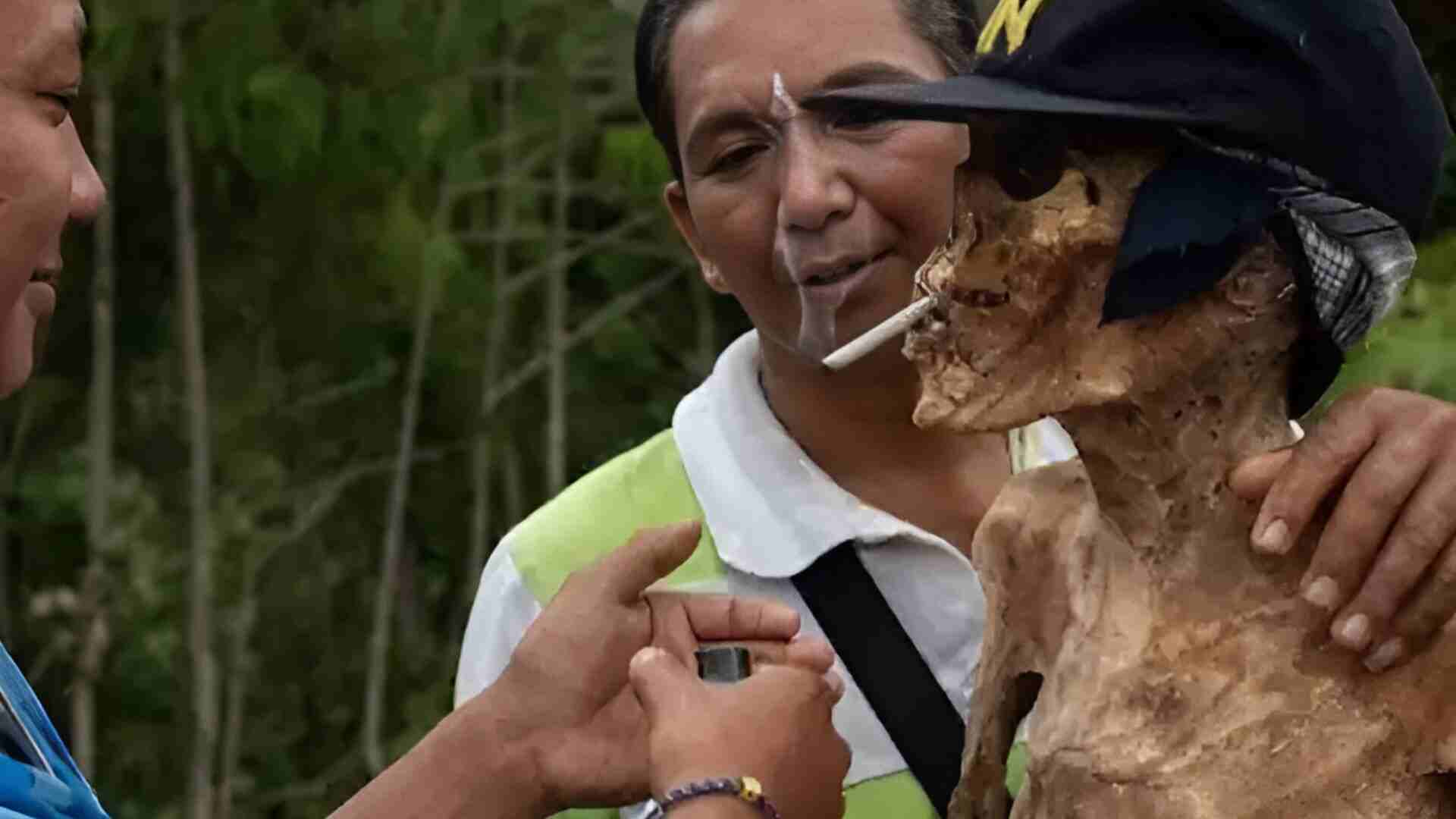
In South Sulawesi, Indonesia, the Torajan ethnic group practices a distinctive tradition to honor their deceased loved ones, drawing global curiosity. Unlike typical funeral customs, the Torajans commemorate the dead through an extraordinary ritual that extends beyond ancestor worship.
The Torajans believe that all beings, both living and non-living, have souls and must be respected. Death is not seen as an abrupt occurrence but as a slow transition into the afterlife. Because of this, they do not immediately bury their deceased loved ones. Instead, the body is meticulously preserved, wrapped in several layers of cloth, and treated with formaldehyde and water to prevent decomposition. This preservation can last for many years.
According to their beliefs, keeping the body well-preserved brings good fortune to the family. They take significant measures to ensure the body remains in excellent condition. The tradition involves bathing and cleaning the corpse, dressing it in fresh clothes, and interacting with it as if it were still alive. Families talk to their deceased relatives, take photos, and even offer them food, drinks, and, in some cases, cigarettes.
After these rituals, the family re-cleans the graves and reburies the body. This practice is performed annually, often accompanied by singing and dancing. Additionally, animals such as buffalo and pigs are sacrificed, with wealthier families offering as many as 100 animals. The meat from the sacrifices is then distributed among those attending the ceremony.















